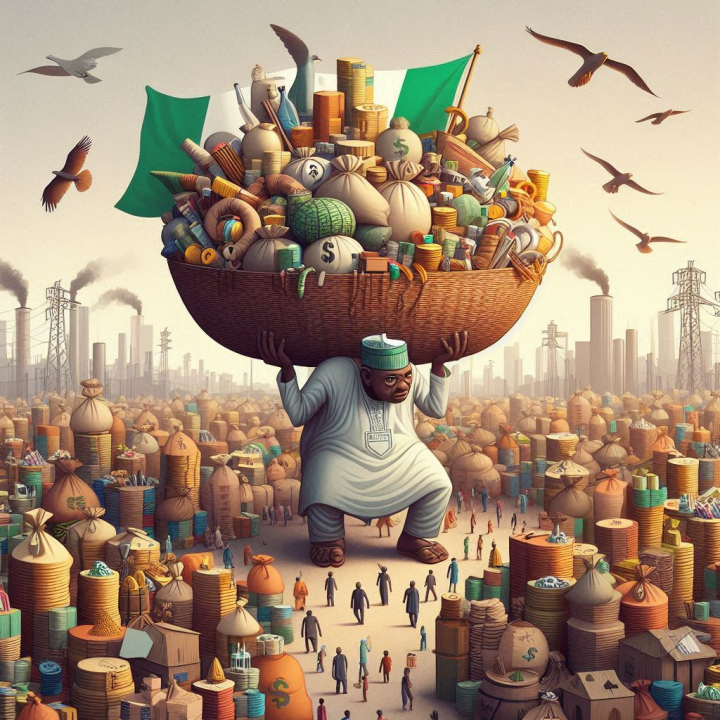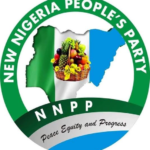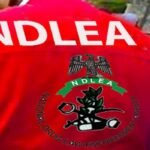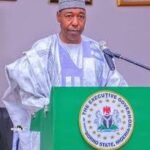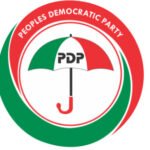Nigeria is a paradox, a clay footed giant tottering from what was described by Chief Obafemi Awolowo as “a mere geographical expression” to what Dr. Nnamdi Azikiwe recognized as “a political reality”. Chinua Achebe in his book The Trouble With Nigeria surmised that the trouble with Nigeria is simply and squarely “a failure of leadership”. More than forty years after Achebe published his treatise, Nigeria has added abysmal lack of vision and competence by its leaders to a deepening ethical deficit, political imbalance and lack lustre patriotism among its citizens to its Achilles heels.
The unwholesome perpetuation of arbitrariness, unfairness in public policies and practices have being elevated to a depraved form of statecraft in Nigeria. Recently, a troubling set of statistics, purported to have emanated from a former Niger Delta militant Asari Dokubo trended on the social media. The revelation encapsulated in the set of statistics speaks to the dichotomy between northern Nigeria and southern Nigeria and the further divide between the various component parts of the country. It goes without saying that those numbers speak quite powerfully to the imperative of resetting Nigeria’s political trajectory to make it a more inclusive project to which all its component parts believe they truly belong.
Now consider the following statistics, which may not be entirely new but still underscores the bane of our collective existence as Nigerians and our claim to shared brotherhood or “one nation, one destiny”.
In the said social media post under review, the poster reminds us that out of a total of 360 House of Reps members, the whole of Southern Nigeria, comprising of seventeen States, has 169 seats while northern Nigeria, with the undue advantage of nineteen states, has 191 seats. Broken down, the figure is distributed as follows:
· SOUTH EAST: Imo – 10 Reps; Abia – 8 Reps; Ebonyi – 6 Reps; Anambra – 11 Reps and Enugu – 8 Reps. Total = 43
· SOUTH SOUTH: Akwa Ibom – 10 Reps; Bayelsa – 5 Reps; Cross River – 8 Reps; Delta – 10 Reps; Edo – 9 Reps and Rivers -13 Reps: Total= 55 Reps
· SUMMARY: Southeast and South South’s grand total =98 only
· SOUTH WEST: Ekiti – 6 Reps; Lagos – 24 Reps; Ogun – 9 Reps; Ondo – 9 Reps; Oyo -14 Reps and Osun – 9 Reps. Total = 71 Reps.
· NORTH WEST: Kano – 24 Reps; Kaduna -16 Reps; Jigawa – 11 Reps; Katsina 15 reps; Kebbi -8 Reps; Sokoto – 11 Reps; Zamfara – 7 Reps. Total = 92 Reps.
· NORTH EAST: Adamawa – 8 Reps; Bauchi -12 Reps; Borno -10 Reps; Gombe -6 Reps; Taraba – 6 Reps and Yobe – 6 Reps. Total = 48 Reps.
· NORTH CENTRAL: Benue – 11 Reps; Kogi – 9 Reps; Kwara – 6 Reps; Nassarawa – 5 Reps; Plateau – 8 Reps; Niger – 10: Total = 49 Reps.
· FCT – 2 Reps.
· Grand total for the North =191
There is yet another troubling stat, which depicts the glaring injustice in the nation’s revenue allocation formula. For instance, it has been claimed as follows:
· North Central receives 20% of the nation’s oil revenue, contributes 0.00%
· North East receives 16%, contributes 0.00%
· North West receives 21%, contributes 0.00%
· South West receives 16%, contributes 3.97%
· South East receives 11.00%, contributes 25.07%
· And South South receives 15.00% and contributes 70.64%.
It means, if the foregoing is anything to go by, that every month, the 19 Northern States receive a minimum of 57% of 100% of oil revenue to which they contribute 0.00%. More alarmingly, each of the Southeast and South South zones that produce more than 95 per cent of the nation’s oil revenue receives far less than say the North West, which receives 21% for 0.00% oil revenue generation.
Interestingly too, at 15% for 70% of the nation’s oil revenue generation and also with six States, the South South receives less than the Southwest that generates only 3.9% of the total oil revenue. Of course, it’s pointless pointing out that Southeast with a higher oil revenue generation than Southwest by as much as 20% receives far less than Southwest at 11-16%. And the political establishment views this situation as normal!
The fraud, the roguery, becomes even more brazen in the distribution of the 774 local government areas in the country. Perhaps more than any other acts of impunity passed off as statecraft by the nation’s retrogressive political establishment, the unconscionably skewed distribution of local government areas is another very glaring example of inequity and injustice in the Nigerian system, which may explain why it remains perennially dysfunctional and suffers constant alienation from its component parts.
Again, the following statistics bear us out.
LGAs in NIGERIA: Nigeria has 774 local government areas enshrined in the constitution, which ought not to have been done since the constitution provides for the creation of local governments, a non-federating unit, by the states. Specifically, Section 7(1) of the 1999 constitution states that “The system of local government by democratically elected local government councils is under this constitution guaranteed; and accordingly, the government of every state shall, subject to section 8 of this constitution, ensure their existence under a Law which provides for the …LGAs.”
However, surreptitiously, they have made the local government a federal affair to the point where right now, no thanks to Tinubu’s political wizardry, local governments have all but become the new federating units, all for the purpose of consolidating the unjust revenue sharing formula imposed upon the land by promoters of Nigeria’s begging-bowl federalism. But no matter.
In the extant system, here is how we stand:
· The North has 19 States and 419 LGAs
· The South has 17 states and 357 LGAs
· Working with the data from the office of the Accountant General as published by the Ministry of Finance (2013 April), the 357 LGAs of the 17 southern states receive 45.1% and contribute 100%, while the 419 LGAs of the 19 Northern states receive 54.9% and contribute 0.00%.
From the foregoing, it becomes very clear, even to the blind, why, with its inbuilt injustice, inequity and unfairness, Nigeria’s dysfunctional system, deliberately designed, it seems, to not work, has failed over time to inspire patriotism – that sense of shared love of one’s country that makes citizens want to work together to uplift their country – in its citizens. Or are Nigerians truly proud of their country?
The point is that if the country needs any reforms at all, they must be ones that speak to the glaring inequity, injustice and unfairness in the political system that we have run these past 50 years plus, which has made princes of a few and slaves of the majority.
Exactly what inclusive political and socio-economic objective is served by allocating all of 78 local government areas to Kano and Jigawa (formerly one State) while allocating a paltry 95 to the entire South East, easily the most populous and densely populated of the tripod? Why would the North West have SEVEN States and all the other States of the federation have SIX apiece while the South East is forced to accept as equitable only FIVE? Why should the entire Southern Nigeria have 169 Members in the House of Representatives to the North’s 191? Why, why, why?
If we have learnt anything from the forgoing, clearly lamentable statistics, it may well be that, if the political and economic experience of Nigerians at the moment is anything to go by, everyone suffers in a dysfunctional system, including those running the system. Which is to say that it is time we changed the Nigerian political narrative from emilokan to awalokan!
The obvious self-serving skewing of the system to serve narrow interests has not served anyone or group any better, to be sure. Or has it? Therefore, if there must be a country which we can all proudly call ‘our country’ and be happy to join hands with other compatriots to work for its greatness, we must all strive to tame this self-destructive system and reinvent it to work for the good of all, irrespective of tribe, religion or creed.
Unless this becomes the case, we wager that it will be rather too difficult to sustain the oppressive and unprogressive human space that contemporary Nigeria has become.
